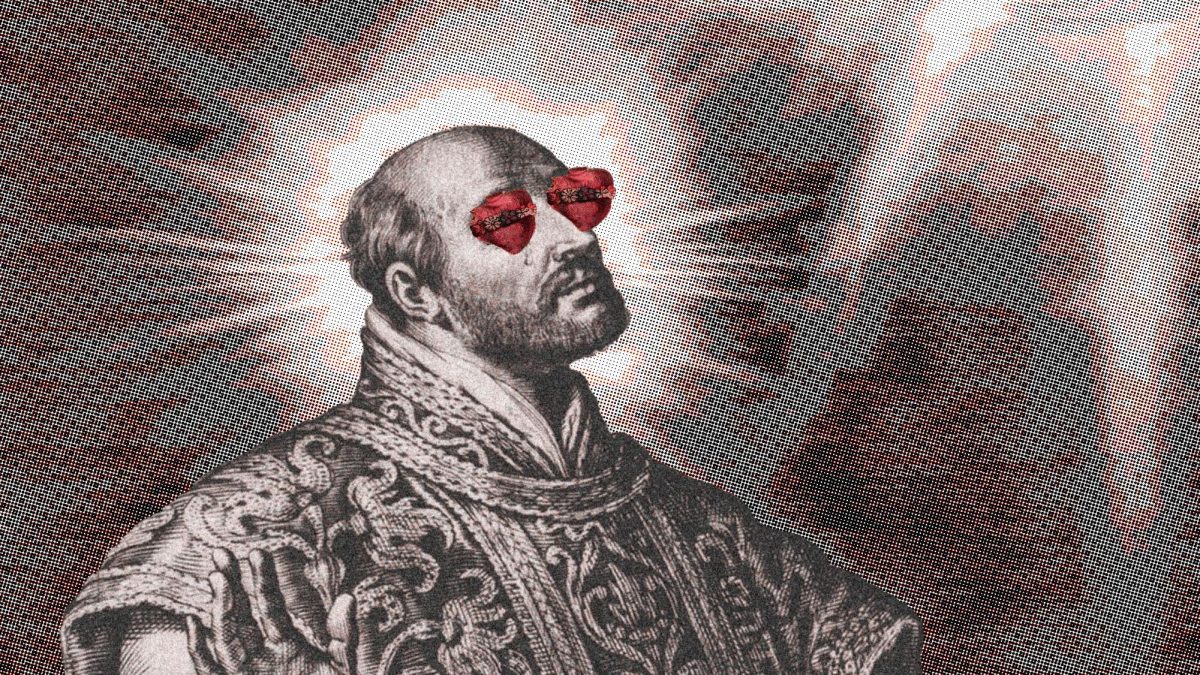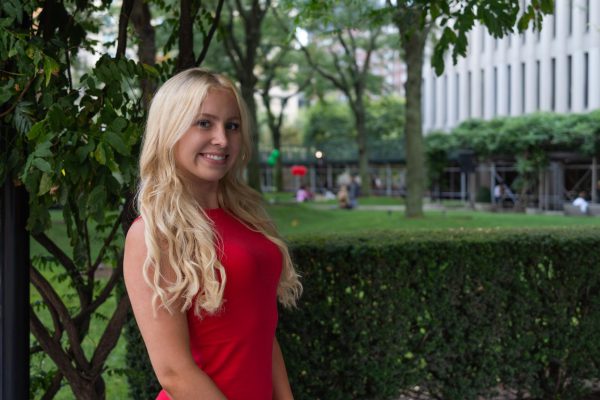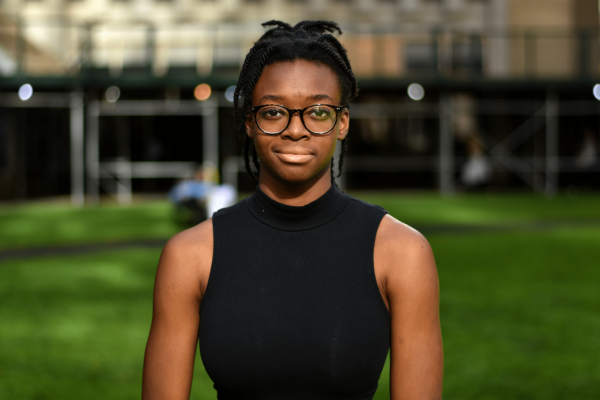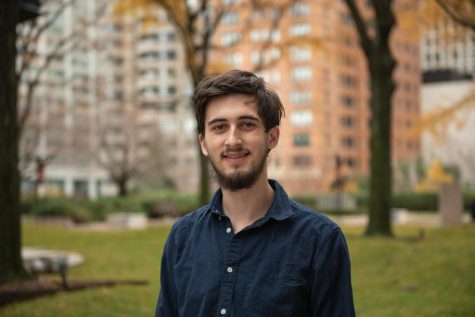Leaving work some years ago, Professor Anthony D’Agostino saw his then-boyfriend outside. He was picking him up and he had flowers in his arms.
“They picked me up from work, brought flowers, took me out to dinner and then took me to a hotel,” D’Agostino said. “We lived in the city, but he had a hotel suite for us.”
D’Agostino, an English professor at Fordham College at Lincoln Center (FCLC), thought that even this, his best Valentine’s Day, had honestly been no different from any other day. What set that day apart from all the rest was his Valentine standing beside him.
“It was the best Valentine’s Day, not because of what happened, but because I was actually with someone that I wanted to be with,” D’Agostino said.
As this year’s Valentine’s Day approached, Fordham students and faculty were drawn into the annual tradition of overthinking the meaning of love. Generally speaking, some students’ perspectives wavered from apathetic to earnest. The day itself has an obscure effect on people. The holiday actually often puts relationships to the test and adds societal pressures.

Students like Katie Coughlan, FCLC ’27, felt the holiday was an excuse to bandage larger relationship issues with roses and chocolates. Coughlan surmised that it depended on the kind of person you were.
Coughlan shifted in her seat, her sight forestalled. “Not to be a pessimist,” she said, “but I do think Valentine’s Day has become a little misconstrued in the sense that it’s more about the gifts, not about the actual sentiment of the day.”
“It depends on your love language. If you’re a gift giver, then that’s a good holiday for you,” Coughlan added.
John Baldo, Graduate School of Social Service ’26, said that he has not felt exempt from the pressures of Valentine’s Day in years past. Baldo said he held a superstitious belief that every Valentine’s Day led to a fight with his partner.
“I have a history of fighting on Valentine’s Day,” Baldo said. “I used to feel pressured when I was in a relationship, and it would always lead to a really bad outcome.”
“I do think Valentine’s Day has become a little misconstrued in the sense that it’s more about the gifts, not about the actual sentiment of the day.” Katie Coughlan, FCLC ’27
Baldo’s superstition may be warranted. According to a WalletHub survey on spending for Valentine’s Day 2025, “over 30% of people expect their Valentine to spend at least $50 on a gift,” leaving many significant others distressed when their partner gets something cheap. Additionally, according to Spectrum 1 News, “it’s also important to remember that there can be spikes in domestic violence.” Looking at the day-to-day activity of domestic abuse hotlines over 20,000 calls are made.
The very nature of Valentine’s Day is its correlation to love, a main proposal of Jesuit teaching.
St. Ignatius taught that if you love someone, whether that be a friend, family member or significant other, you have found paradise on earth. 1 Corinthians 13:4-7 says, “Love is patient, love is kind.” In this way of thinking, if you feel like an outsider on Valentine’s Day, it might be a divine calling from God. Surely you have something to offer on Feb. 14 — whether that be flowers or love letters, or simply to embrace those around you for their intellect, soul and heart, that should suffice.
Father Thomas Scirghi, Jesuit priest and professor, said that the holiday surpasses the material world, and instead was about humans and their inherent needs beyond materialism and commercialism.
“Let’s not forget that it’s about you and love,” Scirghi stated. He pronounced “love” as if it were filled with treasure. “We were made for this as human beings, to one world and another, to love and to be loved, and I think St. Valentine’s Day reminds us of that.”
His favorite Valentine, he recounted, was a “pretty girl” from college. Scirghi connected spirituality to the holiday as it pertains to love.
“What we’re talking about here is something that’s really basic to what it means to be human,” Scirghi said.
“Let’s not forget that it’s about you and love.” Father Thomas Scirghi
Many students, while not having a significant other, received gifts of love from family members — emphasizing Scirghi’s point of our inherent need to express love.
Avi Frank, Fordham College at Rose Hill ’28, shared that while he had never really cared for the holiday, his family members took it as an opportunity to share their affection. Romantically or otherwise, his parents demonstrated Scirghi’s stance that the entire point of being alive is to love.
“I got a package from my mom with some cash and some chocolates,” Frank said. “So that’s pretty much my celebration.”
Gifts aside, a Valentine is a reason to show love, according to D’Agostino. While Frank’s celebration was low-key and quite private, D’Agostino had thoughts about Valentine’s Day as an excuse to express love.
“Valentine’s Day is an opportunity to think about romance and relationships. That’s it. But if you don’t want to do it, don’t do it,” he said.
Overall, Fordham students’ and faculty’s opinions on Valentine’s Day and its celebration were mixed. Some felt no special attachment to the holiday. However, others had strong feelings that anyone could buy roses — but that Valentine’s Day was a nudge to do a little something extra, to really love. It seemed as if, for these students at least, when love takes hold of you, it’s a spell that takes over for the rest of your life.


![VIS #2 [Credit_ Ikma Inusah _ THE OBSERVER] -2](https://fordhamobserver.com/wp-content/uploads/2025/02/VIS-2-Credit_-Ikma-Inusah-_-THE-OBSERVER-2-1200x800.jpg)


